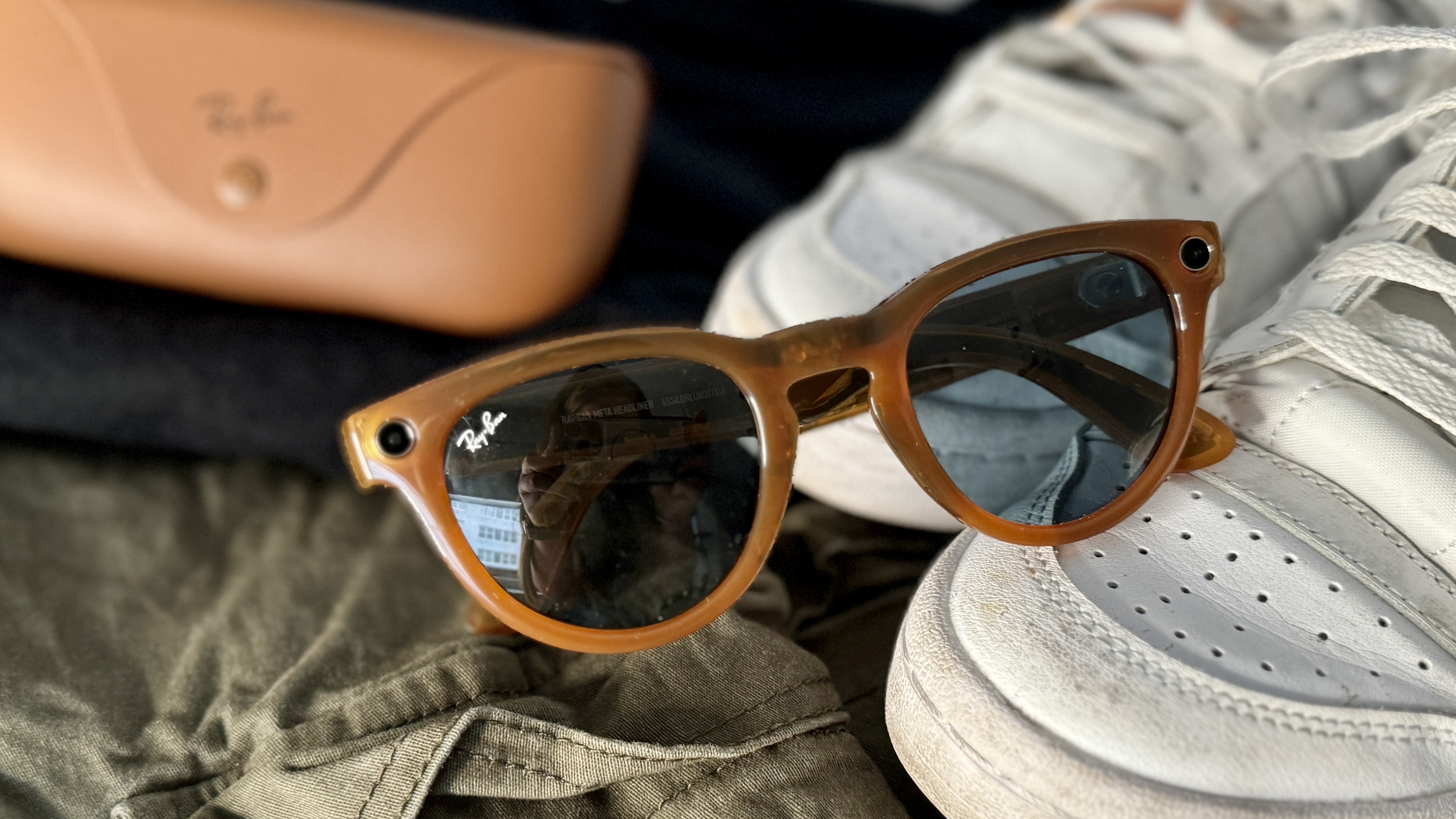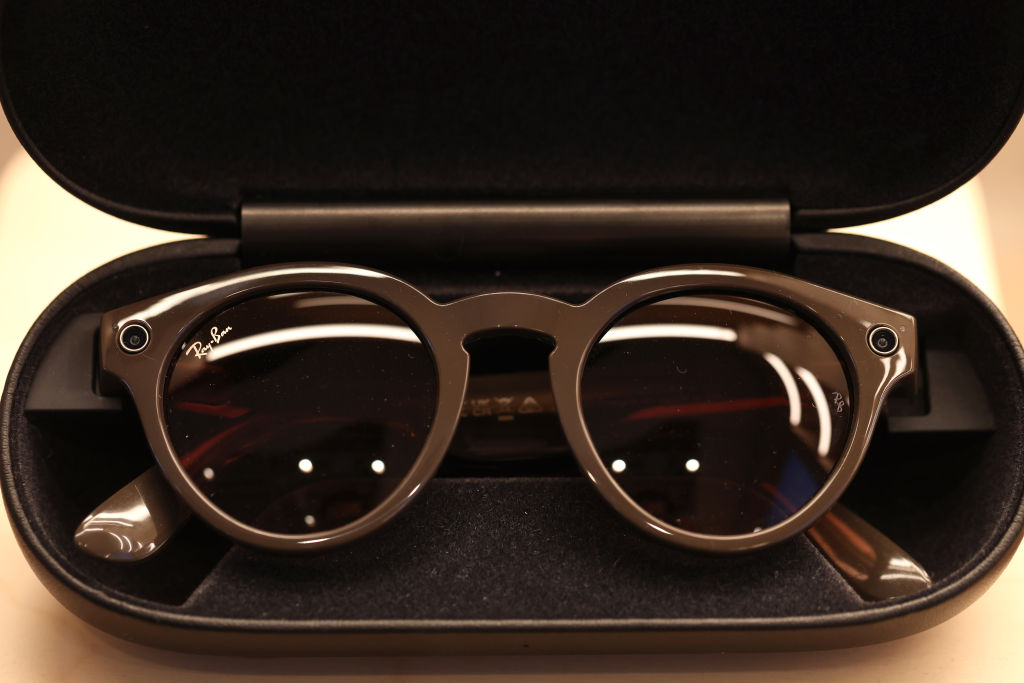Meta won’t answer whether it’s smart glasses are using the images you record to train its AI
'We’re not publicly discussing that'

Meta has very pointedly dodged the question of whether it's camera-equipped smart glasses are using user-generated images to train the company's artificial intelligence models.
Anuj Kumar, a senior director at Meta, was asked point blank by TechCrunch during an interview whether or not pictures taken by the Ray-Ban Meta smart glasses contributed to training the company's AI.
"We’re not publicly discussing that,” Kumar told the publication. With Meta spokesperson Mimi Huggins adding that: “That’s not something we typically share externally.”
This comes just a week after Meta announced a substantial AI-related updated to its smart glasses at Connect 2024. During the event, Mark Zuckerberg claimed the glasses will soon be capable of multimodal video meaning giving "real-time advice" based on what it sees through the on-board cameras. The on-stage example showed someone getting ready for a party with the AI helping them pick out appropriate pieces for their outfit.
Of course, in capturing all this extra video the company is gaining access to a huge amount of imagery that could serve as potential training data — whether the user realizes it or not.
The small print

Meta's spokespeople may not have given a clear answer during the interview, but the company's terms and conditions seem to be a little more straightforward. Under a subheading entitled "the permissions you give us", users agree that any content they create, share, post or upload in on or in connection with a Meta product gives the company: "permission to store, copy, and share them with others (again, consistent with your privacy settings), such as Meta Company Products, or service providers that support those products and services."
Meanwhile, Meta's AI terms of service also states the following when it comes to image processing:
Get instant access to breaking news, the hottest reviews, great deals and helpful tips.
Depending on where you are located, you may have the option to share images with AIs. Once shared, you agree that Meta will analyze those images, including facial features, using AI. This processing allows us to offer innovative new features, including the ability to summarize image contents, modify images, and generate new content based on the image. You further agree that you will not upload images to Meta AI that you know to contain individuals that reside in Illinois or Texas, unless you are their legally authorized representative and consent on their behalf.
Which seems pretty clear-cut that the company is able to use the images you agree to share for the benefit of product development. And, since you have to agree to the terms and conditions in order to use the glasses in the first place, it would seem you're granting implied consent for that to take place.
Practically speaking, anyone taking part in any form of internet-connected image sharing should operate under the principle those images aren't likely to be private. It'll be a case of each user weighing up how much value they get from a product against the privacy sacrifices they'll have to make to use it.
And in the case of the Ray-Ban Meta smart glasses, there's no doubt Meta has put forward a compelling product. In fact, my colleague Jason England maintains they're his favorite gadget of the year.
More from Tom's Guide
- Meta Quest 3 review: The best VR headset you can buy
- Meta’s AI chatbot just got a huge free upgrade — 5 prompts to try now
- Meta Orion AR glasses — everything you need to know

Jeff is UK Editor-in-Chief for Tom’s Guide looking after the day-to-day output of the site’s British contingent.
A tech journalist for over a decade, he’s travelled the world testing any gadget he can get his hands on. Jeff has a keen interest in fitness and wearables as well as the latest tablets and laptops.
A lapsed gamer, he fondly remembers the days when technical problems were solved by taking out the cartridge and blowing out the dust.
